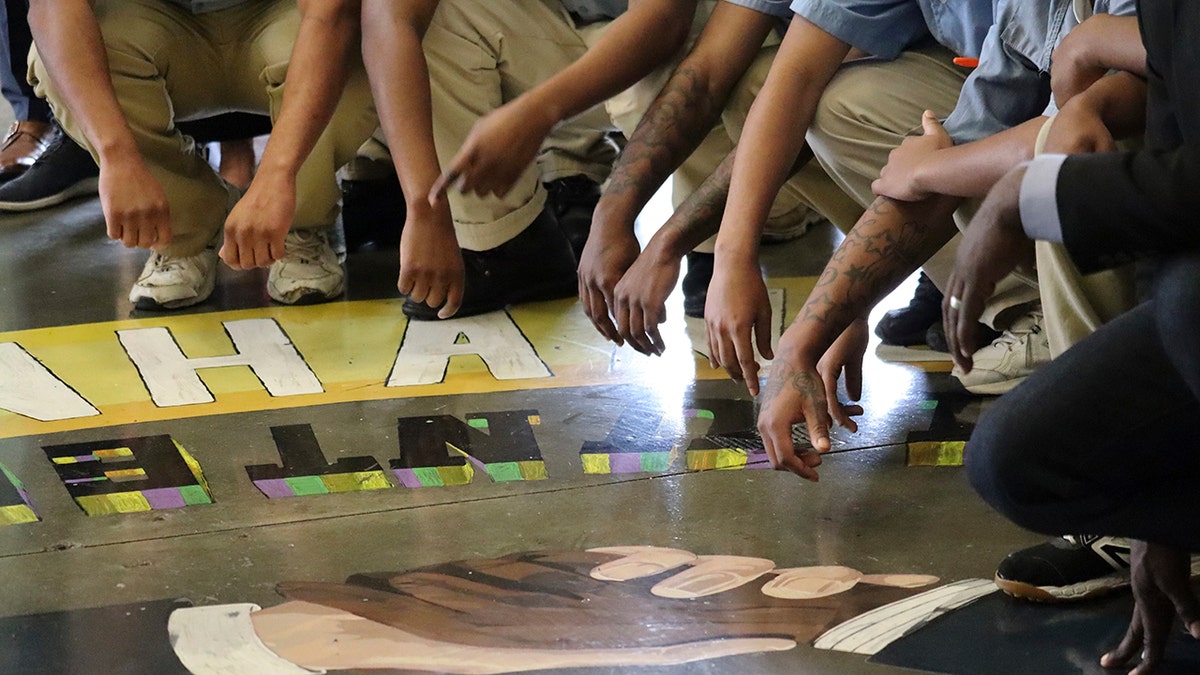A unique program in South Carolina prisons is offering a glimmer of hope for reducing violence and fostering rehabilitation. The Community Opportunity Restoration Enhancement (C.O.R.E.) unit, implemented at Turbeville Correctional Institution and other facilities, centers around "restorative justice," an approach emphasizing open communication and personal accountability.
Unlike traditional prison settings, C.O.R.E. units feature vibrant murals, natural light, and personalized spaces. Participants, a mix of younger inmates (mentees) and older mentors serving longer sentences, engage in group discussions and individual meetings to address conflicts and promote self-improvement. They enjoy greater freedom outside their cells, access to amenities like laundry facilities and kitchens, and a disciplinary system focused on reflection and amends rather than solely punishment.
A study by the Vera Institute of Justice revealed a significant decrease in violent incidents within these specialized units. While general misconduct rates remained similar to the broader prison population, the emphasis on dialogue and conflict resolution appears to prevent escalation to violence. Participants also highlighted the positive impact of the unit's environment and the opportunity to build trust with both peers and correctional officers.

Experts see this initiative as a positive step towards creating safer and more rehabilitative prison environments. Madalyn Wasilczuk, a University of South Carolina law professor, noted the importance of addressing all forms of violence, including suicide, which remains a concern in South Carolina prisons. She emphasized that humane treatment and improved conditions are crucial for reducing violence.
The "restorative justice" model has gained traction in several other states, including Connecticut, Massachusetts, Colorado, and North Dakota. While expansion faces challenges, such as the need for specialized training and staffing adjustments, the program's potential to improve both inmate behavior and staff well-being is attracting attention. Federal grants are available to support implementation and research related to this innovative approach.
For participants like Khalil, a 52-year-old mentor serving a life sentence, the C.O.R.E. unit offers a renewed sense of purpose. He leads sessions on victim impact, encouraging empathy and remorse among younger inmates. The program's focus on the 18-25 age group, which statistically has the highest recidivism rates, is seen as particularly valuable. By equipping young adults with coping mechanisms and self-management skills, the initiative aims to break the cycle of incarceration.
South Carolina Department of Corrections Director Bryan Stirling believes this model can positively influence staff dynamics as well. By actively engaging in rehabilitation efforts, correctional officers experience greater job satisfaction and professional growth, potentially improving staff retention. Ultimately, the goal is to prepare inmates for successful reentry into society.
Comments(0)
Top Comments